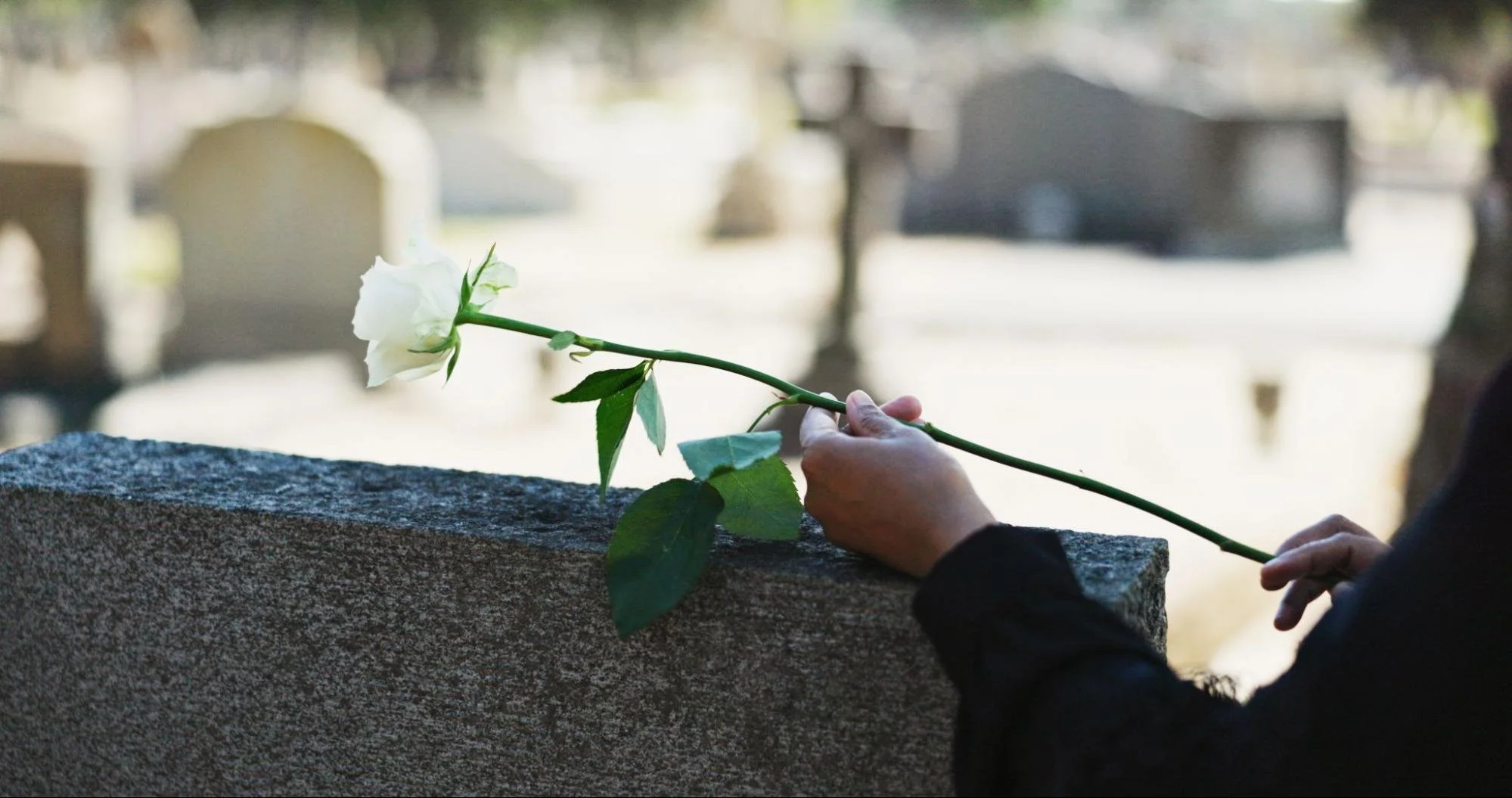What Is Medical Aid in Dying — and Who Qualifies in Colorado?
Last Updated: November 2025
Your HealthSpan Snapshot
Medical Aid in Dying (MAID) allows terminally ill adults in Colorado to request and self-administer prescribed medication to peacefully end life on their own terms.
It’s legal under the Colorado End-of-Life Options Act (C.R.S. §25-48-101 et seq.).
To qualify, you must be an adult Colorado resident with a terminal illness (life expectancy ≤ 6 months), mentally capable, and able to self-administer the medication.
The process includes two verbal requests, one written request, confirmation by two healthcare providers, and a mandatory waiting period (recently shortened to 7 days).
Providers and institutions may choose whether to participate.
Functional and primary care physicians often work collaboratively to ensure comfort, understanding, and safe end-of-life planning.
What Is Medical Aid in Dying?
Medical Aid in Dying (MAiD) is a legally authorized medical process under the Colorado End-of-Life Options Act, approved by voters in 2016 (Proposition 106) and enacted in 2017.
It allows a terminally ill, mentally capable adult to:
Request a prescription for life-ending medication,
Make multiple voluntary requests,
Receive the prescription after eligibility verification, and
Choose whether or not to take it.
The medication must be self-administered — no one else may give it to the patient.
The cause of death is recorded as the underlying terminal illness, not “suicide.”
Who Is Eligible in Colorado?
You may qualify for MAiD in Colorado if you meet all of these criteria:
Age: 18 years or older.
Residency: Must be a Colorado resident (proof such as driver’s license, lease, or tax return).
Diagnosis: Have a terminal illness with a prognosis of six months or less to live.
Capacity: Be mentally capable of making and communicating healthcare decisions.
Voluntariness: Be acting voluntarily, without coercion.
Self-administration: Be physically able to self-ingest the medication.
The Colorado Process Step-by-Step
1.Verbal Request
The patient makes a first verbal request to their attending physician or advanced practice registered nurse (APRN).
The provider reviews eligibility, confirms the terminal diagnosis, and informs the patient of alternatives such as palliative and hospice care.
2. Second Verbal Request (≥ 7 Days Later)
At least 7 days must pass between the first and second verbal requests (reduced from 15 days under SB 24-068, effective August 7 2024).
If the patient is expected to die within 48 hours, the waiting period may be waived.
3. Written Request
The patient completes a written request form provided by CDPHE, signed in front of two witnesses who attest that:
The patient is acting voluntarily and is mentally capable.
Neither witness is a relative, beneficiary, or care provider.
4. Second Provider Confirmation
A consulting provider (physician or APRN) independently confirms:
The terminal diagnosis,
Life expectancy ≤ 6 months,
Decision-making capacity, and
Voluntariness.
5. Prescription and Dispensing
Once eligibility is confirmed:
The attending provider writes the prescription.
The medication is dispensed by a participating pharmacy.
The patient may choose when or whether to take it.
The provider must file required forms with CDPHE for oversight.
2024 Updates at a Glance
Colorado Senate Bill 24-068 (signed May 2024) introduced:
Reduced waiting period: From 15 days to 7 days between oral requests.
Expanded provider eligibility: Advanced Practice Registered Nurses (APRNs) may now serve as attending or consulting providers.
Waiver option: If death is imminent (≤ 48 hours), the waiting period may be waived.
Safeguards and Ethics
Colorado’s law contains multiple protections to ensure informed, voluntary decision-making:
Providers and healthcare institutions may opt out of participation.
The patient can rescind the request at any time.
The patient must self-administer the medication — assistance is prohibited.
The cause of death is recorded as the terminal illness, not suicide.
Insurance and benefits are not affected.
What Doctors Don’t Always Explain: The Human Side
Medical aid in dying isn’t just about a legal right—it’s about control, peace, and dignity at the end of life.
Even after receiving a prescription, many people never take the medication; for them, having the choice offers comfort and emotional relief.
Discussing this option early—alongside hospice, palliative care, and emotional support—helps ensure patients and families can plan together, reduce anxiety, and align medical care with personal values.
If You’re Considering This Option
Here’s what to do:
Talk to your primary or specialist provider early.
Not all clinicians or hospitals participate; your provider can refer you if needed.Document residency (driver’s license, lease, or utility bill).
Discuss with your loved ones and healthcare proxy.
Ask about hospice and palliative support — they can work alongside MAiD planning.
Decide in advance where and with whom you’d want to take the medication.
Summary
Colorado’s Medical Aid in Dying law provides a compassionate, carefully regulated option for terminally ill adults who wish to maintain autonomy and dignity at the end of life. With strict safeguards, a structured process, and recent updates improving accessibility, the law balances freedom of choice with ethical medical oversight.
Patients should always discuss the full spectrum of end-of-life options — from advanced palliative care to hospice — with their care team before making any decision.
Ready to take action for your brain health?
👉 Join the 12-week Brainspan Bootcamp and start building lifelong brain resilience
Sources
Medically reviewed by
Dr. Jessica Knape, MD, MA Board Certified in Internal Medicine and Integrative and Holistic Medicine
Healthspan Internal Medicine — serving patients in Boulder, CO
Book a Discovery Call | About Dr. Knape
This content is for educational purposes and does not replace personalized medical advice.

